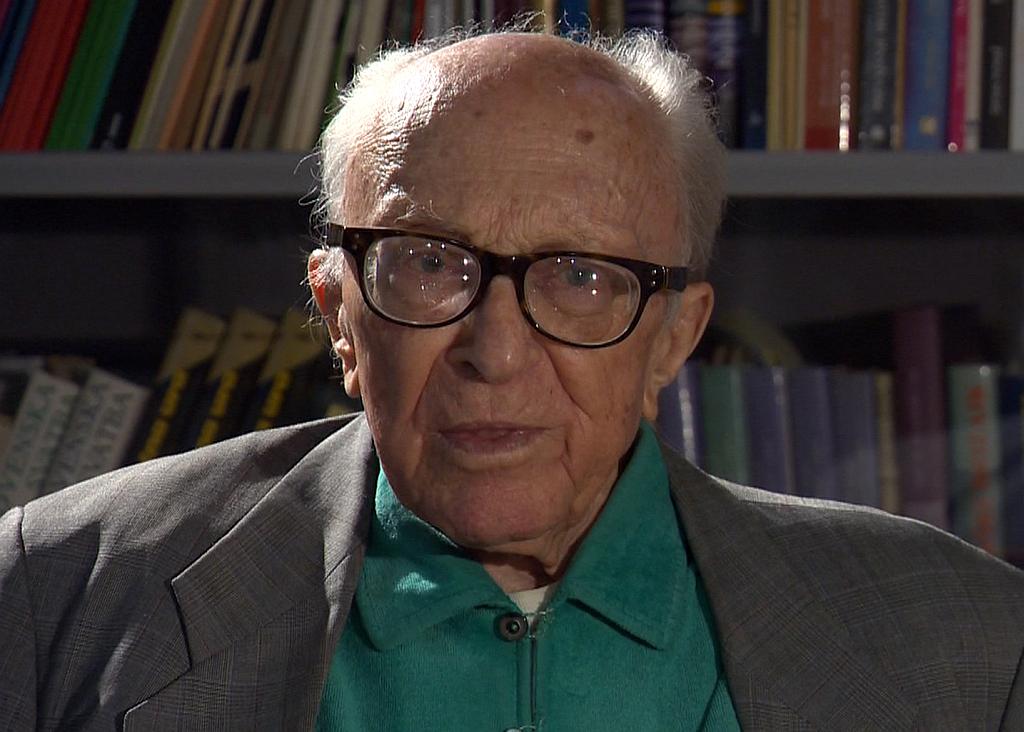
RTV Slovenia met Boris Pahor on the occasion of the 25th anniversary of Slovenia’s independence. Despite the fact that he will turn 103 this year, he still lives alone in his apartment in Trieste. RTV Slovenia sat down with Pahor for an interview at the Slovenian Cultural Centre in the nearby town of Prosecco, Italy to discuss the path Slovenia has taken since 1991.
“I’m disappointed in Slovenia as a country,” he said at the beginning of the interview. His pet peeve is Slovenia’s nonchalant attitude towards Italy. He believes it is wrong that Italy remembers the foibe but refuses to admit to its fascist past. Pahor maintains that Slovenia should have called out Italy on this a long time ago: “The Slovene-Italian Commission of Historians should reconvene and say what went on during the fascist occupation, what happened in Ljubljana and the Italian camps.” He said that the relations between the two neighbouring countries were friendly but added that Slovenia should “act like a real country”.
In 1991, when Slovenia was trying to break away from Yugoslavia, Pahor was not a proponent of Slovenian independence. He did, however, want Slovenia to achieve a greater degree of independence within Yugoslavia by transforming Yugoslavia into a confederation: “Back then, Slovenia was united because we kind of pursued the same political goals.”
“Today, political parties rule Slovenia. But these parties need to reach a consensus among themselves. It takes them years to reach a consensus on a particular issue. If they continue this way, the country will go down the tubes. Sorry, but if that’s the case, I can’t call this a country – it’s a partitocracy,” said Pahor.
Alenka Bevčič, Tednik; translated by D. V.

































































